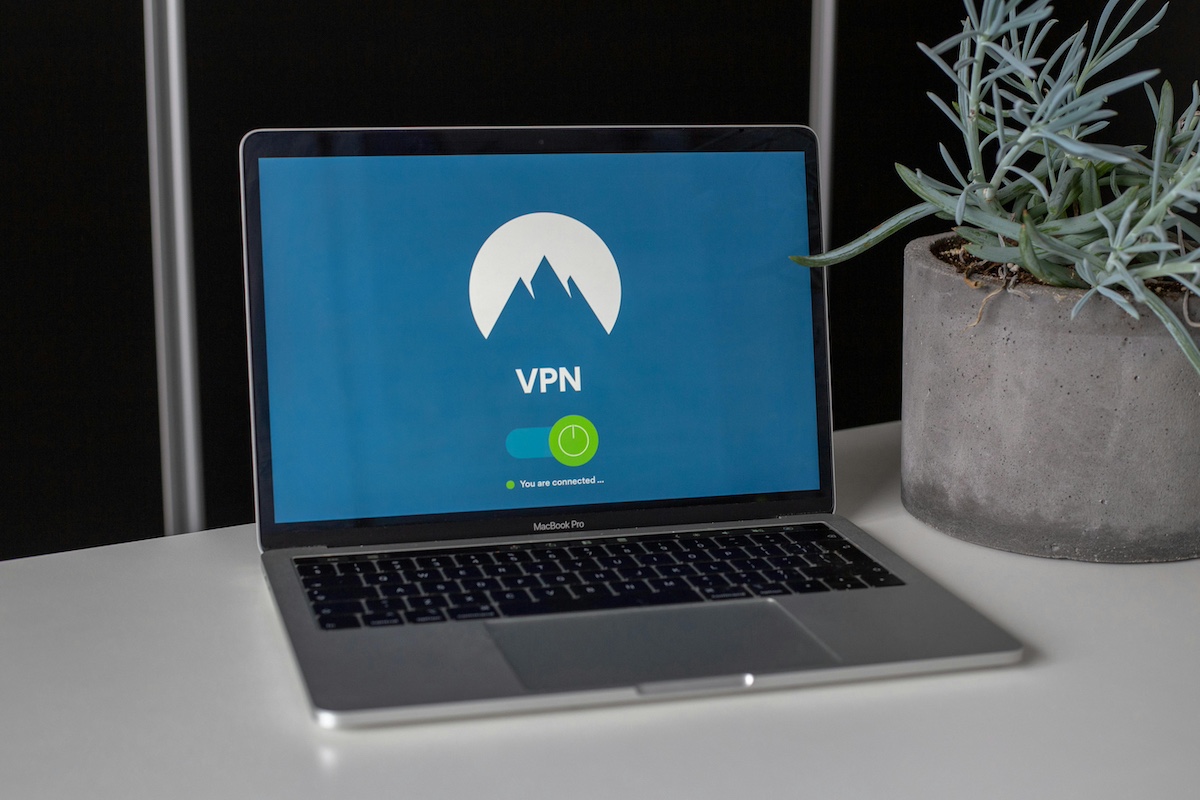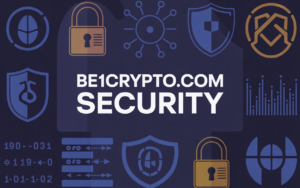There is a unique frustration that comes with settling in to watch your favorite sports team, only to be met with a dreaded “This game is not available in your area” message. You pay for the subscription, you’ve cleared your schedule, but due to complex broadcasting deals, you’re blacked out. These regional restrictions are a common hurdle for sports fans and movie lovers alike. Fortunately, there is a reliable and highly secure method to bypass these digital barriers, allowing you to access the content you want while protecting your online privacy.
The Complex World of Streaming Rights
At its core, a blackout is a business decision. Local and national broadcasters pay enormous sums for the exclusive rights to air games in specific geographic markets. Streaming services are legally obligated to honor these contracts, which means if a local channel has the rights in your city, the national streaming app must block the feed. This intricate web of agreements can lead people to look for other ways to view content, such as this list of free football streaming websites from the cybersecurity experts at VPNOverview. While some of these sites may work, they often come with significant security risks, from intrusive ads to potential malware.
VPNs as Your Digital Passport
A Virtual Private Network (VPN) is your key to unlocking geo-restricted content securely. A VPN is an application that routes your internet traffic through an encrypted tunnel to a server operated by the VPN provider. When you connect to a server in a different city or country, your device’s IP address is masked and replaced with one from that server’s location. To streaming services, it appears as though you are physically located wherever the server is. This simple change in virtual location is often all it takes to bypass a blackout and watch blackout NHL games or any other regionally restricted event. The VPN experts at VPNpro have a guide on exactly how to do this.
Choosing a VPN with Crypto-Grade Security
Not all VPNs offer the same level of protection. When your goal is both access and privacy, you should select a service that offers “crypto-grade security.” This refers to the use of advanced encryption protocols, with AES-256 being the industry standard. This is the same level of encryption used by financial institutions and government agencies to protect sensitive data. This powerful encryption ensures that your internet activity, from the websites you visit to the streams you watch, is completely unreadable to your Internet Service Provider (ISP), network administrators, or any bad actors trying to snoop on your connection.
The Importance of a No-Logs Policy
Encryption protects your data in transit, but what about the VPN provider itself? A crucial feature for any privacy-focused VPN is a strict no-logs policy. This is a public promise from the provider that they do not collect or store any records of your online activity. This means they don’t track your IP address, the websites you visit, how long you’re connected, or any other personally identifiable information. The most reputable VPNs have their no-logs policies verified by independent, third-party audits, giving you concrete proof that your digital footprint remains your own.
Geographic restrictions and sports blackouts are an annoying part of the modern streaming landscape, but they don’t have to be a dead end. By using a high-quality VPN, you can effectively change your virtual location to access the content you’ve paid for. More importantly, by choosing a service with crypto-grade encryption and a verified no-logs policy, you ensure that your viewing habits and personal data remain completely private and secure.










